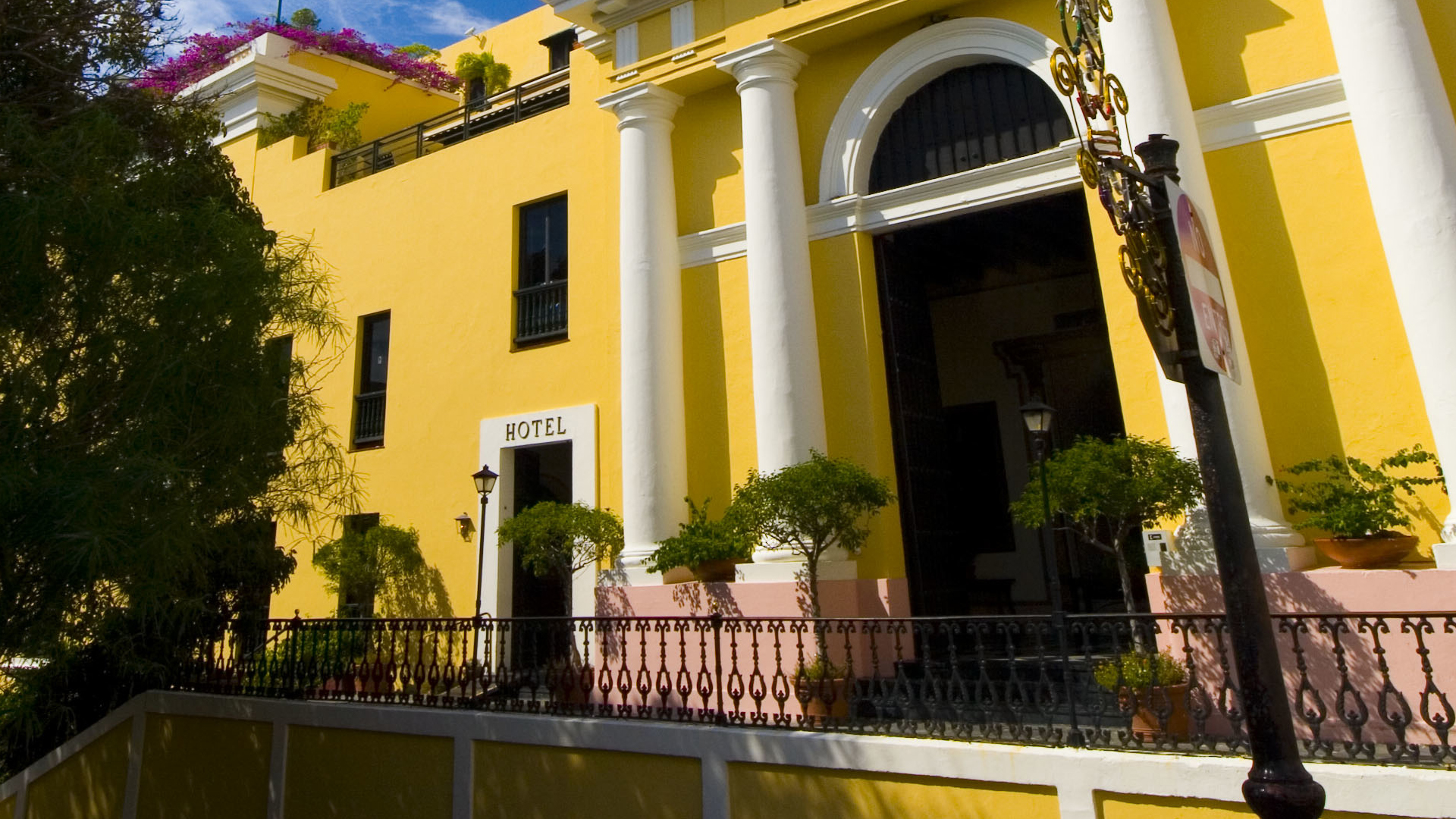
The historian
Past, present, future


I was traveling abroad for work, as I often do—from my home of now many years elsewhere abroad—when, on the way to my meeting, the driver’s route took me past a local hotel, a nice enough place, its walls painted yellow, a little cracked, peeling in places; but what struck me was the name. It was called the Hotel Nostalgia. I smiled at this; but then the words of a tune (a song composed in Spanish) came back to me and, as I began humming it, tears welled in my eyes.
En mi viejo San Juan
Cuantos sueños forjé
En mis noches de infancia.
Mi primera ilusión
Y mis cuitas de amor
Son recuerdos del alma.
Adiós Borinquen querida.
Adiós mi diosa del mar.
Yo ya me voy
Pero un día volveré
A buscar mi querer
A soñar otra vez
En mi viejo San Juan
Pero el tiempo pasó
Y el destino burló
Mi terrible nostalgia.
Y no pude volver
Al San Juan que yo amé
Pedacito de patria.
Mi cabello blanqueó
Y mi vida se va;
Ya la muerte me llama.
Y no quiero morir
Alejado de ti
Puerto Rico del alma.
Of all boleros I know—slow-tempo, romantic, and sentimental Latin ballads—maybe of all boleros ever written—no other song captures the feeling of nostalgia better than ‘In My Old San Juan’. Noel Estrada, a Puerto Rican composer, wrote this ballad in August 1943. His brother was serving overseas at the height of WWII and had asked his older brother to write a song to remind him, and his fellow Puerto Rican soldiers, of home.
Puerto Ricans in this, the world’s oldest colony—whose U.S. citizens still today are not permitted to vote for their Commander-in-Chief (the President) or for Congressmen with the power to declare war—have served with distinction, have fought and been wounded, disabled, have died in all of our nation’s wars since WWI in greater numbers than the sons and daughters of many other States of our Union; but that’s another story.
What Estrada called a ‘humble composition’ has been translated into many languages and recorded worldwide. You can find it online. Even if you don’t speak Spanish, the melody will convey the feeling.
In the song, an old man remembers San Juan, the city where he grew up. There, as a child, he forged so many dreams, and first experienced the pains of love. One day he had to leave, to go to a foreign (or is it better translated as ‘strange’?) nation, because that’s what destiny ordained; but his heart remained by the sea in his old San Juan.
He calls Puerto Rico by the name given to the land by its first inhabitants, the Taíno people: Borinquen.
Flashback to when he was about to depart: he says goodbye, but promises to return, to look for his lost love, to dream again.
Flash forward: years have passed—as they always do—and destiny ‘mocked his terrible nostalgia’: he was never able to return to the city he loved and now is dying far from home.
Everyone has experienced this longing for the past, for simpler and happier times, for the places we knew in days gone by. Sooner or later, life finds a way to frustrate everyone’s best-laid plans. Nostalgia is sweet sorrow. But not somewhere to linger. I’ll not stay in the Hotel Nostalgia.
© Norton Rose Fulbright LLP 2025